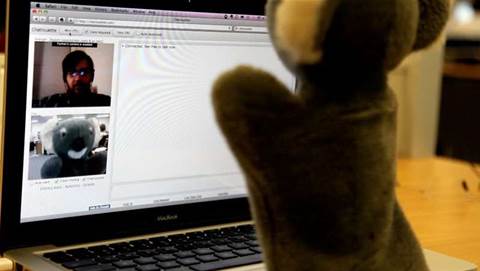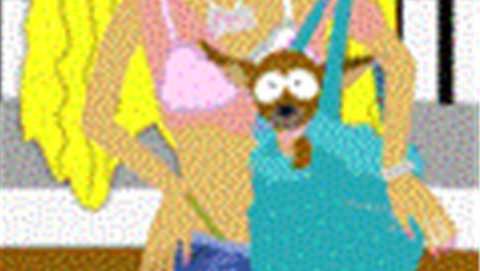
The poll of 2,000 web users was commissioned by the Lulu Blooker Prize, the world's first literary prize for 'blooks', a portmanteau of 'books' and 'blogs'.
'Folksonomy' (a web classification system) beat other web words including 'blog' (an online journal), 'blogosphere' (the collective name for all blogs), 'netiquette' (internet etiquette) and 'webinar' (a web seminar).
'Blook' has even made it into the latest edition of the Collins English Dictionary. "It was the Blooker Prize that first brought it to our attention," said Cormac McKeown, one of the Collins editors.
Bob Young, chief executive at Lulu, commented: "We had half-hoped that 'blook' might top the poll. But 'folksonomy' is a worthy winner, a word to make you howl in the night."
The poll prompted one blogger to rail: "How do they come up with those words? Alcohol? Prozac? Traumatic childhood experiences in English class?"
'Blook' came fifth in the poll, just behind 'netiquette' but comfortably ahead of 'vlog' (a video blog), 'wiki' (a collaborative website editable by readers) and 'podcast' (a sort of audio blog).
"The web continues to churn out endless new words, amounting collectively almost to a new language. 'Weblish' is the new English," said Young.
Other web-related words or phrases which made their debut in the new Collins dictionary include 'file sharing' (the practice of sharing computer data or space on a network) and 'Generation C' (the people who create and publish blogs, podcasts, videos etc, on the internet).
Also included are 'metaverse' (a 3D virtual world especially in an online role-playing game), and 'google-bombing' (the practice of attempting to manipulate the ranking of websites provided by Google).
The word 'blog' can actually trace its roots to 1997 when an early American practitioner named Jorn Barger first called his online journal a 'web-log'.
A fellow blogger then jokily broke up the word to make 'we blog', so hatching the word 'blog'.



_(33).jpg&h=140&w=231&c=1&s=0)
.png&h=140&w=231&c=1&s=0)





 iTnews Benchmark Awards 2026
iTnews Benchmark Awards 2026
 iTnews Executive Retreat - Security Leaders Edition
iTnews Executive Retreat - Security Leaders Edition
 iTnews Cloud Covered Breakfast Summit
iTnews Cloud Covered Breakfast Summit
 The 2026 iAwards
The 2026 iAwards











_(1).jpg&h=140&w=231&c=1&s=0)



